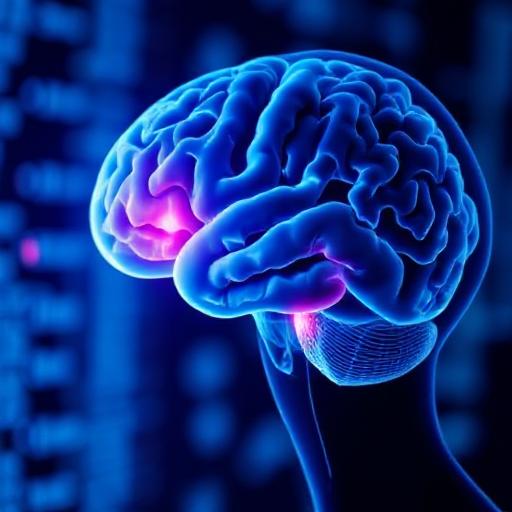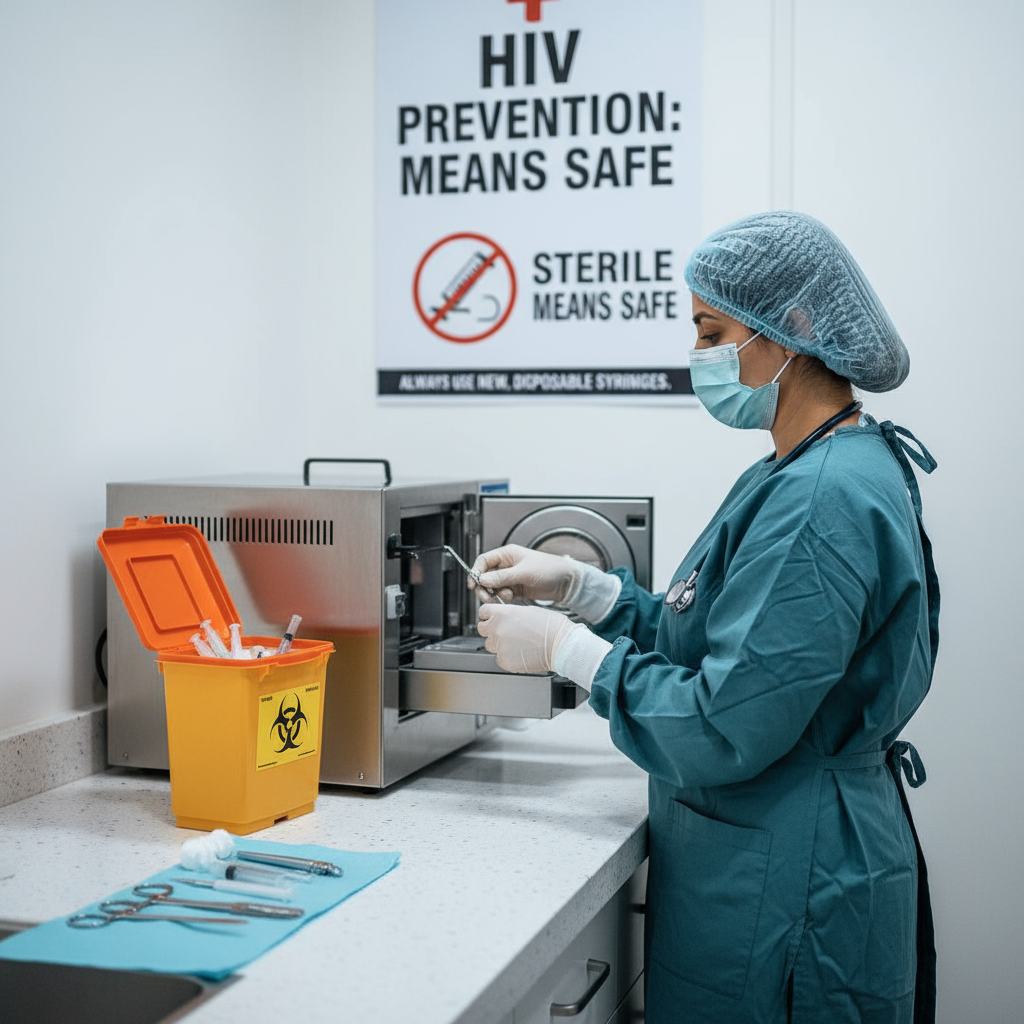A quick, three-minute brainwave test may offer a way to detect early memory problems linked to Alzheimer’s disease, years before symptoms usually appear. Researchers from the University of Bath and the University of Bristol have trialed the new “Fastball” method, which involves placing small sensors on the scalp to monitor brain activity as participants view rapid sequences of images.
The technique measures how the brain automatically reacts to familiar pictures, picking up subtle memory difficulties that standard tests may miss. In a study of more than 100 people, the tool successfully distinguished individuals with amnestic mild cognitive impairment — a condition strongly associated with a higher risk of Alzheimer’s — by showing weaker brain responses compared with healthy adults.
Although the test cannot yet predict with certainty who will develop Alzheimer’s, experts say it could help identify patients most likely to benefit from new treatments such as donanemab and lecanemab, which are most effective in the disease’s earliest stages.
Notably, the trial was conducted in participants’ homes, highlighting the test’s simplicity and accessibility. Larger studies are now in progress to confirm its accuracy and determine how it could be used alongside other diagnostic approach.






